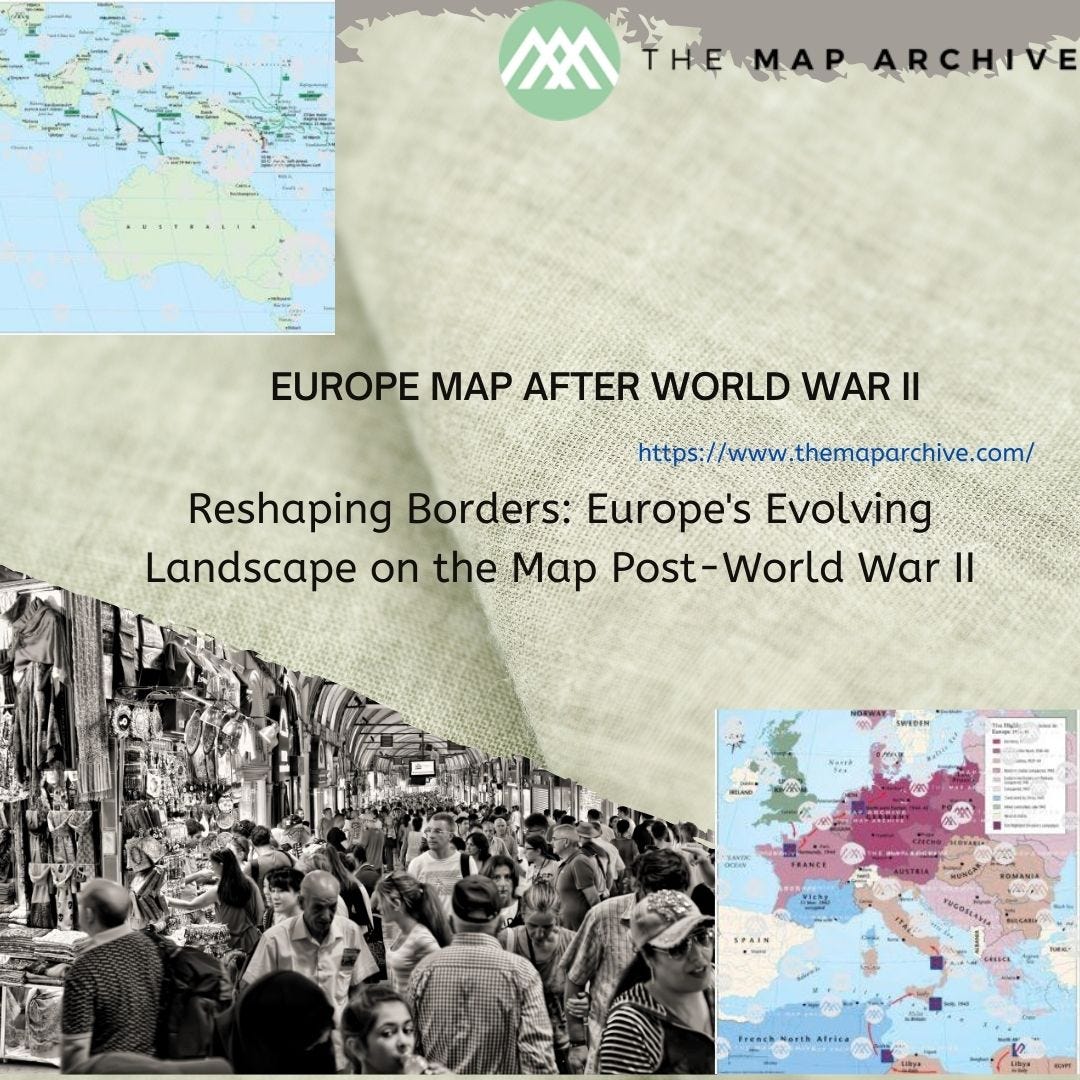Unveiling the World: A Comprehensive Guide to Map Clubs
Related Articles: Unveiling the World: A Comprehensive Guide to Map Clubs
Introduction
With great pleasure, we will explore the intriguing topic related to Unveiling the World: A Comprehensive Guide to Map Clubs. Let’s weave interesting information and offer fresh perspectives to the readers.
Table of Content
Unveiling the World: A Comprehensive Guide to Map Clubs

Map clubs, often overlooked in the digital age, offer a unique and enriching experience for individuals of all ages and backgrounds. They provide a platform for fostering a love of geography, exploring diverse cultures, and connecting with like-minded individuals. This comprehensive guide delves into the multifaceted world of map clubs, exploring their history, benefits, activities, and how to get involved.
A Journey Through Time: The Evolution of Map Clubs
The fascination with maps has existed for centuries, with early civilizations utilizing them for navigation, trade, and territorial claims. Map clubs, in their modern form, emerged in the late 19th and early 20th centuries, driven by a growing interest in exploration, travel, and cartography. These early clubs served as social hubs for map enthusiasts, providing a space for sharing knowledge, discussing discoveries, and engaging in collaborative mapmaking.
The Modern Map Club: A Renaissance of Exploration
While the digital age has brought about a surge in online mapping tools and resources, map clubs have experienced a resurgence in recent years. This revival can be attributed to a growing appreciation for the tangible, the desire for hands-on learning, and the inherent beauty and intrigue of maps.
Benefits of Joining a Map Club
Joining a map club offers a multitude of benefits, fostering personal growth and enriching intellectual pursuits:
- Expanding Geographical Knowledge: Map clubs provide an environment for learning about different regions, cultures, and historical events through the lens of maps. Members gain a deeper understanding of the world’s physical and human landscapes, enhancing their geographical literacy.
- Developing Critical Thinking Skills: Maps are more than just visual representations; they are complex documents that require interpretation and analysis. Map clubs encourage members to think critically about data, spatial relationships, and the underlying messages conveyed by maps.
- Cultivating a Sense of Community: Map clubs foster a sense of belonging among individuals with shared interests. Members can connect with like-minded enthusiasts, share their passion, and collaborate on projects, creating a supportive and intellectually stimulating community.
- Enhancing Creativity and Artistic Expression: Map clubs often incorporate creative activities, such as mapmaking, designing maps, and exploring the artistic aspects of cartography. These activities encourage members to express their creativity and develop new skills.
- Promoting Travel and Exploration: Map clubs often organize outings and trips to locations featured in maps, providing members with opportunities to experience the world firsthand and connect their map knowledge with real-world experiences.
A World of Activities: What to Expect in a Map Club
Map clubs offer a diverse range of activities that cater to different interests and skill levels. Some common activities include:
- Map Discussions and Presentations: Members share their knowledge, discuss current events, and delve into historical maps, fostering a deeper understanding of cartography and its role in shaping our world.
- Mapmaking Workshops: Members learn the techniques of mapmaking, from traditional methods to digital tools, allowing them to create their own maps and explore the intricacies of cartographic design.
- Map Collections and Exhibits: Map clubs often showcase collections of maps, providing members with the opportunity to study and admire the artistry and historical significance of maps from different eras and cultures.
- Map-Based Games and Activities: Engaging in map-based games and activities, such as geocaching, map quizzes, and treasure hunts, adds a fun and interactive element to the club’s activities.
- Field Trips and Excursions: Map clubs often organize trips to museums, historical sites, and other locations with map-related significance, providing members with real-world experiences that complement their map knowledge.
Finding Your Map Club: Navigating the Path to Participation
Joining a map club is a rewarding experience, but finding the right one requires some research and exploration. Here are some tips for finding a map club that aligns with your interests and preferences:
- Online Search: Use search engines, social media platforms, and online forums to locate map clubs in your area or online communities.
- Local Libraries and Museums: Check with local libraries and museums, as they often host map-related events and may have information on map clubs in the area.
- University Geography Departments: University geography departments often have student clubs or organizations focused on cartography and related fields.
- Online Map Communities: Explore online forums and communities dedicated to map enthusiasts, where you can connect with others who share your passion and learn about existing clubs.
- Start Your Own Club: If you can’t find a suitable map club in your area, consider starting your own! Gather a group of interested individuals, define your club’s goals, and begin planning activities and events.
FAQs: Addressing Common Questions about Map Clubs
Q: What qualifications are required to join a map club?
A: There are typically no specific qualifications or requirements for joining a map club. Most clubs welcome individuals of all ages and backgrounds, regardless of their prior experience with maps or cartography.
Q: What is the typical cost of joining a map club?
A: Membership fees vary depending on the club, but many clubs offer affordable or free membership options. Some clubs may charge a nominal fee to cover expenses related to meetings, events, or materials.
Q: What are the typical meeting times and frequencies for map clubs?
A: Meeting schedules vary depending on the club. Some clubs meet monthly, while others meet weekly or bi-weekly. The frequency and time of meetings are usually communicated to members through newsletters, websites, or social media.
Q: Are map clubs suitable for all ages?
A: Map clubs can be enjoyed by individuals of all ages. Many clubs have family-friendly activities and welcome participation from children and adults alike.
Q: What are some of the benefits of starting a map club?
A: Starting a map club allows you to connect with like-minded individuals, share your passion for maps, and contribute to the community. It also provides an opportunity to learn new skills, develop your creativity, and expand your knowledge of geography and cartography.
Tips for Making the Most of Your Map Club Experience
- Engage Actively: Attend meetings regularly, participate in discussions, and contribute your ideas and perspectives.
- Explore Different Activities: Don’t be afraid to try new activities and step outside your comfort zone.
- Share Your Knowledge: Offer to share your expertise and insights with other members.
- Network with Other Members: Build relationships with fellow map enthusiasts and connect with them outside of club meetings.
- Stay Informed: Stay up-to-date on the latest developments in cartography and map-related technologies.
Conclusion: A World of Possibilities
Map clubs offer a unique and rewarding experience, fostering a love of geography, promoting intellectual curiosity, and connecting individuals with shared interests. Whether you’re a seasoned cartographer or a curious newcomer, joining a map club can open up a world of possibilities, expanding your horizons and enriching your life. Embrace the world of maps, join a club, and embark on a journey of discovery and exploration.








Closure
Thus, we hope this article has provided valuable insights into Unveiling the World: A Comprehensive Guide to Map Clubs. We hope you find this article informative and beneficial. See you in our next article!